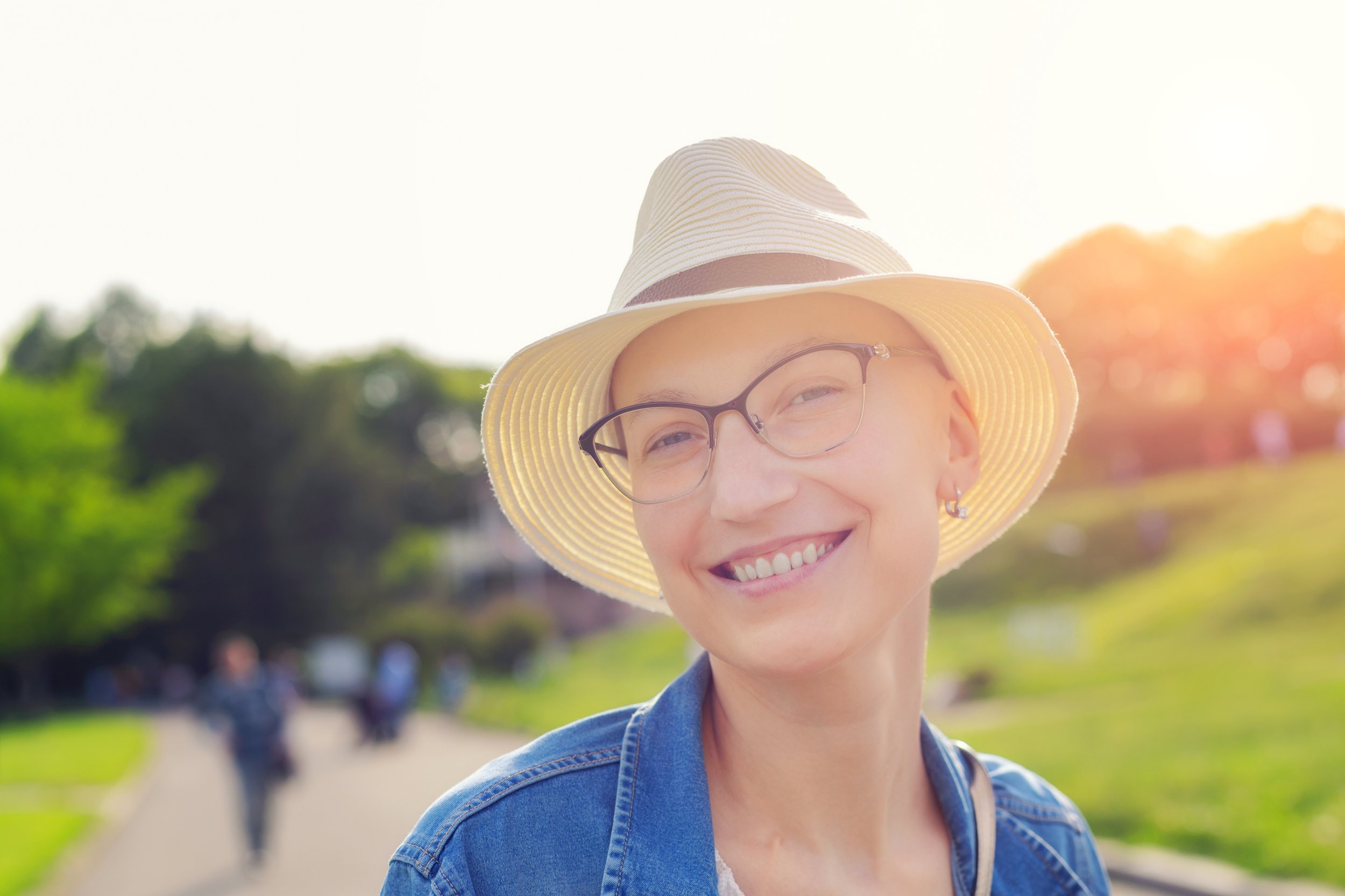
Mindfulness for Being with Cancer
A diagnosis of cancer brings with it waves of distress, anxiety and confusion that can be as difficult to manage as the disease itself. This program helps you cultivate and connect with an intention to support your own wellbeing, in a compassionate and gentle way, from your heart.
Have you noticed how thoughts creep in under your radar and spiral into alarming messages saying that ‘nothing is right!’? These thoughts intensify negativity, increase emotion and leave you with a low mood, anxiety and anger. Yet, there’s a lot more happening our there for real, -and you deserve to explore it with the outmost care and kindness towards yourself- because that is what you actually need.
Mindfulness-Based Cognitive Therapy for Cancer (MBCT-Ca) is an adaptation of MBSR and MBCT for Depression, enriched by the experience (personal and professional) of its creator, Trish Bartley. It is specifically targeted to the needs of people with cancer, at all stages of their illness.
The programme has been running for over ten years in a regional oncology unit in North Wales. Ongoing evaluations suggest that participants improve their levels of well-being as a result of coming on the programme and bringing mindfulness into their lives.
I made the decision to deliver this program in Greece (under the supervision of Trish Bartley), as I was inspired by 5 amazing women that were already participating in my other Mindfulness groups. I, therefore, dedicate it to them: Christina, Irini, Argyro, Elena and Mika.
MINDFULNESS-BASED COGNITIVE THERAPY FOR CANCER (MBCT-Ca)
DURATION: 8 weekly sessions lasting for two and a half hours each, with about ten people in the group. We practice mindfulness-based exercises and then we explore our experience. To take the most out of the course, participants are encouraged to do the suggested home practice between sessions. Between weeks 6 and 7, we have a Day Retreat, where we deepen our practice and experience a day of mindful awareness.
LOCATION: Online
FEE: €250. There are concession places for people who wouldn’t otherwise participate.
Start: Contact the teacher directly
DESCRIPTION
SESSION 1: Our relationship to things
In our first session we set the stage for safety and trust, and we also set out intentions for the course. We start exploring Mindfulness in terms of own experience, and we incorporate the Pause in our daily life.
SESSION 2: Dealing with barriers
In this second meeting, we start noticing the wandering mind and we learn to bring it back to this moment, so as to be more present and aware in our life. We also start to gradually approach our body with curiosity and interest, and we distinguish our thoughts from our bodily sensations, seeing the extra layers we add on to our experience.
SESSION 3: Befriending the Breath and the Body in Movement
This week we learn to work with personal edges and limits, by practicing with courage, gentleness and sensitivity, and returning to the breath in the body whenever we need to. “What does it take to enjoy the (pleasant) moment?”, we ask before moving on.
SESSION 4: Learning to Respond
At this stage we are ready to recognize our patterns of reactivity, and how anxiety leads to rumination, and thus we turn to the direct sensations of the body and the breath, gentling to any judgment that arises.
SESSION 5: Gently Being with the Difficult
In week 5 we gently turn toward the difficulty, we explore its sensations and we identify our personal reactions. With gentleness, we create “space” for our experience, and we “breathe with” it, to the extent that we are ready to. This stage takes place with a lot of care, and shapes all that fol
SESSION 6: Thoughts are not Facts
In this session we learn to see our thoughts as impermanent mental events, that come and go, that have the capacity to spiral down our mood due to their emotional charge. When we realize what thoughts actually are, and we place them in the broader container of our awareness, we then change our relation to them and safely return to our breath.
SESSION 7: Taking Care of Myself
As we approach the end of the course, we start bringing together what we have learnt. We distinguish what is nurturing and what is draining in our daily life and we seek ways to increase the latter. We also make plans on how to make choices that support our wellbeing.
SESSION 8: Living beyond Fear
Our journey comes to an end, and we celebrate all that we have learnt and achieved so far. We find ways to weave our practice to everyday life as we appreciate all that this group has offered, wishing everyone well.
Want to know more? Click here to contact me.

